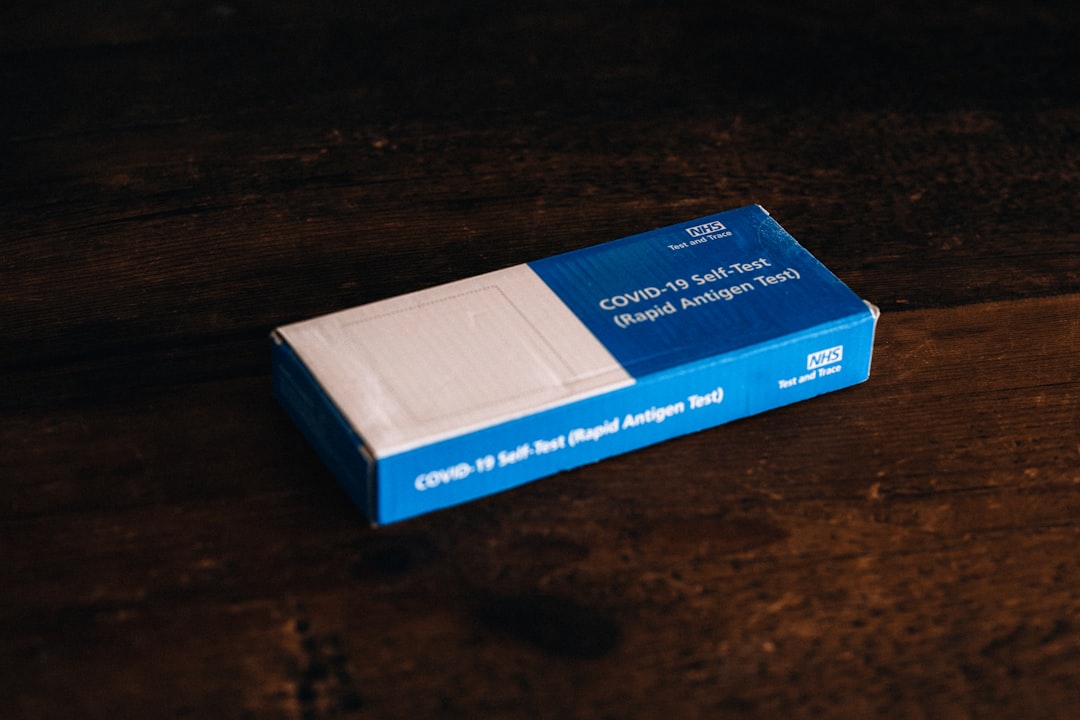The Medication Trap: 11 Ways Your Sleep Aid May Be Contributing to Weight Gain
Many of us have reached for sleep aids in pursuit of a restful night, especially when stress or changes in life make falling asleep a challenge. If you rely on medication to help you drift off, you’re far from alone—insomnia and interrupted sleep affect millions of adults in the United States. Yet if the number on the scale has quietly crept up, or you’re feeling heavier despite maintaining similar habits, you might wonder if your nightly remedy is playing a role. It’s a brave and caring act to investigate how your medication choices shape your well-being. This article explores 11 ways sleep aids can be linked to weight gain, not to spark shame or worry, but to provide hope, practical guidance, and realistic alternatives. We’ll look at which medications can influence weight, how they do it, timelines for changes, and everyday strategies for sleep and vitality. Remember, any medication decision—starting, stopping, or switching—should be a personal journey guided by compassion, understanding, and partnership with your healthcare team. Let’s take a closer look at how sleep and weight are connected, and how you can support yourself in both, every step of the way.
1. Prescription Sleep Medications: Benzodiazepines

Benzodiazepines such as Ativan (lorazepam) and similar medications have served as a go-to for many seeking restful sleep, particularly when anxiety stands in the way of quiet nights. These drugs calm an overactive mind by enhancing the effect of a brain chemical called GABA. Yet, growing evidence suggests benzodiazepines may indirectly affect your waistline. While weight gain is not always cited as a primary side effect, these medications can trigger fatigue, drowsiness, and sometimes even subtle changes in eating habits or activity levels. Over time, feeling less energetic can lead to moving less and snacking more out of habit or boredom. Some people also experience changes in appetite, though not everyone reacts the same way. If you take Ativan or similar drugs, it’s wise to track your well-being and reflect on how you feel physically and emotionally. Open, honest conversations with your doctor about your weight, sleep patterns, and energy levels can reveal whether it’s time for a new plan. Remember, there’s no judgment in exploring whether a medication is the best fit—only the chance to adjust your care to keep you feeling your best.
2. Non-Benzodiazepine Sleep Aids (Z-Drugs)

Popular brands like Ambien (zolpidem) and Lunesta (eszopiclone) fall under the category of non-benzodiazepine sleep aids, often called "Z-drugs." These medications are designed to act quickly, helping you fall asleep without the lingering next-day grogginess sometimes associated with older drugs. However, the story with weight gain is less straightforward. Current research on Z-drugs shows limited direct evidence of causing weight gain, but reports of nighttime eating or sleep-related eating disorders have occasionally surfaced in patients taking these medications. This peculiar side effect, although rare, can make managing weight unexpectedly difficult. The key takeaway is to remain aware of any changes to your eating habits or sleep behaviors, especially if you wake up to find evidence of snacking you don’t remember. Keep a journal of your experiences, and don’t hesitate to share even the smallest concerns with your healthcare provider. Open dialogue and gentle self-monitoring can help you spot and address any changes before they become entrenched habits.
